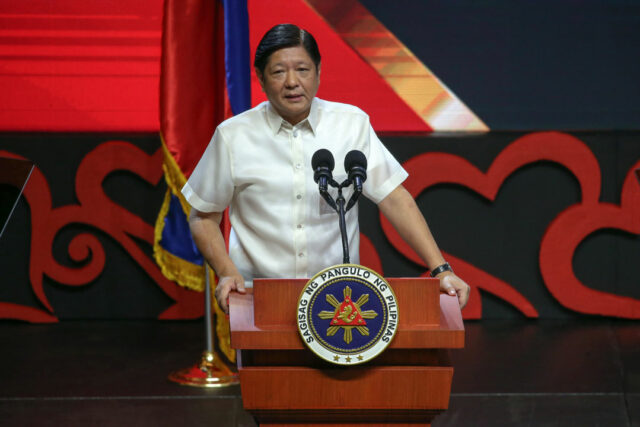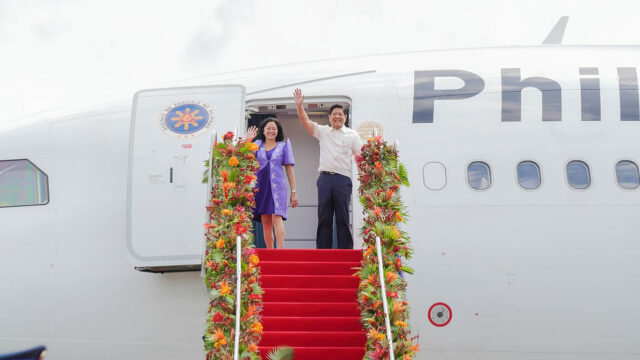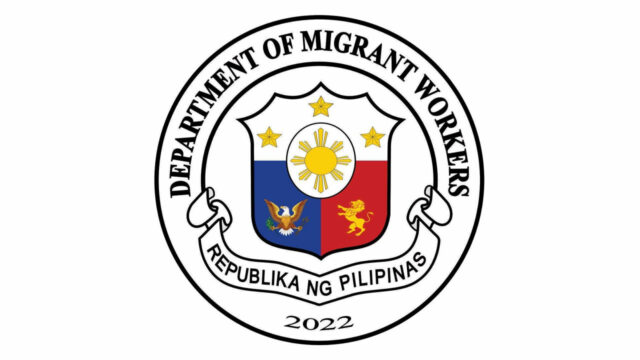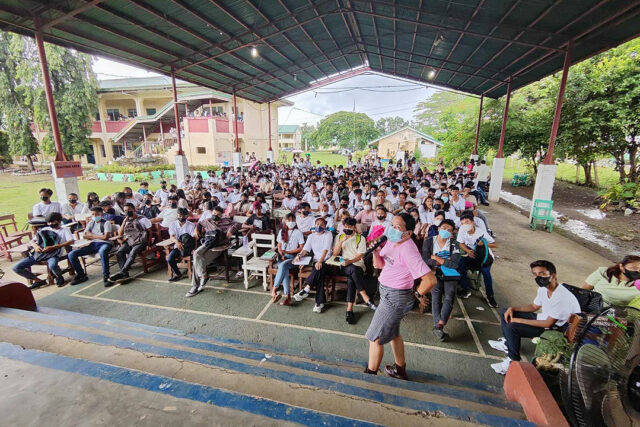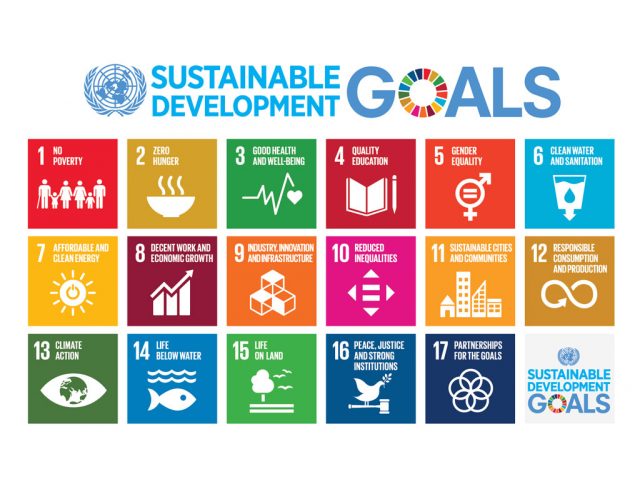By Kyle Aristophere T. Atienza, Reporter
TAX and finance experts on Wednesday urged President Ferdinand R. Marcos, Jr. to pay his family’s P200-billion estate tax to make his government credible in going after tax evaders.
The public and business community highly expect the president to “set a good example” by settling his family’s estate tax liability, Raymond A. Abrea, a former Bureau of Internal Revenue (BIR) examiner and founder of Manila-based Asian Consulting Group (ACG), said in an e-mail.
At the launch of BIR’s national tax campaign on Tuesday, Mr. Marcos asked Filipinos to “pay the correct amount of taxes on time” to support the country’s economic recovery.
He recited the agency’s tax collection accomplishments last year, including a campaign that resulted in the filing of 15 tax evasion cases with the Department of Justice worth P5.1 billion.
“The president needs to explain and resolve his family’s estate tax case so he has the moral ascendancy to ask taxpayers to pay their taxes correctly and on time,” Mr. Abrea said. “It will also support our economic recovery as he said.”
He said it’s ironic for Mr. Marcos Jr. to encourage Filipino taxpayers to settle their tax obligations on time “when he and his family failed to do so and, worse, avoid resolving their tax issues even after being elected president.”
Carol Claudio, the executive assistant of Presidential Communications Office chief Cheloy Velicaria-Garafil, did not immediately reply to a Viber message seeking comment.
In March, BIR said it had sent a December 2021 demand letter to the heirs of the late dictator Ferdinand E. Marcos to settle their estate tax liability — originally worth P23 billion — that had ballooned to more than P200 billion due to penalties and surcharges.
A Supreme Court decision in 1997 that ordered the heirs including the younger Mr. Marcos to pay the estate tax became final and executory on March 9, 1999.
During the presidential campaign last year, the Marcos camp through lawyer Victor D. Rodriguez had said the case was still pending in court — something that legal experts and former government officials, including former BIR chief Kim Jacinto-Henares, debunked.
Mr. Rodriguez served as spokesman for the Marcos campaign.
“BIR is collecting and demanded payment from the Marcos estate administrators,” former Finance Secretary Carlos G. Dominguez III told reporters in March. “They have not paid.”
BIR is under the Finance department.
A group of activists last week said Mr. Marcos’ tax chief used to work for the law firm of First Lady Liza Araneta-Marcos.
‘NOT ABOVE THE LAW’
He replaced Lilia C. Guillermo, who said in June that if the court decision is final and executory, “then it is our mandate to collect.”
“I would advise him to settle their tax liability immediately so it won’t get in the way of the BIR running after tax evaders,” Mr. Abrea said.
By choosing to settle their tax obligations, the Marcos family would be able to encourage his political allies, especially billionaires, to pay their taxes correctly, he added. “This will improve our budget deficit and pay our more than P13-trillion debt.”
At the BIR event, Mr. Marcos said 38 cases had been filed with the Court of Tax Appeals last year worth P5.32 billion. Just recently, 74 complaints for tax evasion were filed before the Justice department covering P3.58 billion in taxes.
The Marcos government’s fiscal consolidation plan includes measures that seek to generate fresh revenues to pay the country’s debt that hit P13.42 trillion at the end of last year.
The president said a separate BIR program had generated more than P550 million.
“President Marcos will only have the moral ascendancy to encourage taxpayers like us to pay the right taxes if he does so himself,” Zyza Nadine M. Suzara, a public finance expert and executive director of governance think tank I-Lead, said in a Twitter message.
“His family should settle their unpaid taxes with the BIR to show they are not above the law.”
Michael Henry Ll. Yusingco, a political analyst, said the situation “brings to bear a much harsher reality in our country,” noting that the political elite expects the public to honor their civic obligations “but don’t put the same expectation on themselves.”
“They pontificate ‘love for country’ and ‘for the good of the nation’ while standing on the back of overburdened taxpayers,” he said via Messenger chat. “Case in point is the practice of bringing an unbelievably huge retinue of family and government officials to foreign trips.”
Still, people should pay taxes “regardless of who is saying it,” Mr. Yusingco said.
“Obviously, the fact that the president is the one saying this will naturally elicit a strong reaction from the public,” he said. “Taxpayers won’t be able to ignore the fact that the president himself is embroiled in a tax collection case.”
Philip Arnold “Randy” P. Tuaño, dean of the Ateneo de Manila University School of Government, said the Marcos leadership is expected to ensure that wealthy people pay the right taxes.
The president’s call for people to pay taxes is welcome because the country needs funding amid a coronavirus pandemic.


